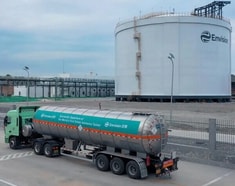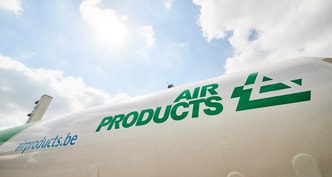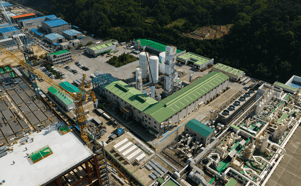Malaysia bets on CCUS to cut emissions, but arguments persist
Malaysia has taken a step towards developing a carbon capture, utilisation and storage (CCUS) industry with the recent passage of its first CCUS-specific legislation. The move is part of a broader regional trend as countries in southeast Asia look to carbon management technologies to help meet their climate targets.
The bill, passed in early March, establishes a legal framework for carbon storage activities and sets the stage for Malaysia to become a regional storage hub. Supporters of the law say it offers long-overdue clarity to investors and project developers, helping to unlock finance and advance decarbonisation in sectors where emissions are difficult to eliminate.
Economy Minister Rafizi Ramli described CCUS as key to Malaysia’s goal of reaching Net Zero by 2050, particularly for industries such as cement, steel and refining. Several international oil and gas companies are already involved in early-stage CCUS plans in the country, and the government has said it will introduce further regulations to ensure safe and permanent carbon dioxide storage.
But while the policy is broadly aligned with international Net Zero roadmaps that include large-scale CCUS deployment, some lawmakers and environmental groups have voiced concern over how it is being implemented in practice.
... to continue reading you must be subscribed
























